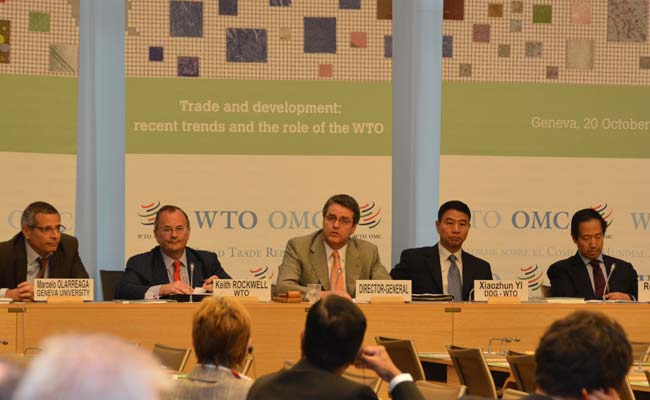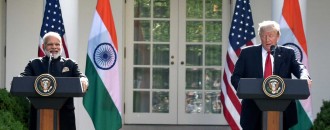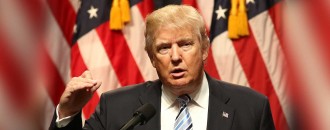
Trade is a great leveller, but barriers still remain: WTO
The Dollar Business Bureau | @TheDollarBiz
 “We are living off the liberalisation and reforms of the past.” - Roberto Azevêdo, DG, WTO
“We are living off the liberalisation and reforms of the past.” - Roberto Azevêdo, DG, WTOTrade will be the major driver of development in the 21st century, and countries must facilitate trade reforms and remove trade barriers to help the Least Developed Countries (LDCs) benefit from multilateral trade, Roberto Azevêdo, Director-General of the World Trade Organisation (WTO) said at the launch of the annual World Trade Report yesterday. According to the WTO report, global trading system has helped reduce the gap between developed and developing countries in the last two decades. The report speaks about the three major waves of economic development the world has seen since the industrial revolution of the late 18th and early 19th centuries. While the first wave saw Europe and North America speed away from the rest of the world, the second one, after the Second World War, brought back the importance of open trade and helped newly industrialised economies such as Japan to catch up with the West. However, the current phase is the most exciting, says the report. “The current and most extensive wave started after the 1980s and has seen some countries, including China and India, opening up and embark on the most rapid process of industrial catch-up experienced to date,” it says. A global trading system has also helped developing countries by the integration into global production through supply chains (global value chains or GVCs), increases in prices for agricultural goods and natural resources, and the interdependence of the world economy which prevented an outbreak of protectionism during the 2008 financial crisis. The report says, “The WTO’s rules based system and its monitoring of members’ trade policies played a crucial role in keeping protectionist responses under control.” Interestingly, the WTO report says that prices of natural resources such as oil and metals remain volatile and exploration in the Indian Ocean may pave the way to “revenue windfalls” for several countries in Africa.
However, challenges remain. Azevêdo said that average per capita income in LDCs is 4% of that in developed countries and adoption of the Bali Package would help such countries progress. Azevêdo also added that jaded trade reforms need to be reviewed to boost global trade. He said, “The reforms to international trade rules which were agreed 20 years ago have played a major role in the broad economic expansion that we have seen since then. But over time the productivity gains from those reforms are gradually disappearing. We need to update the rules and implement a new generation of trade reforms which would be so essential for development.”
This article was published on October 21, 2014.






 to success.
to success.